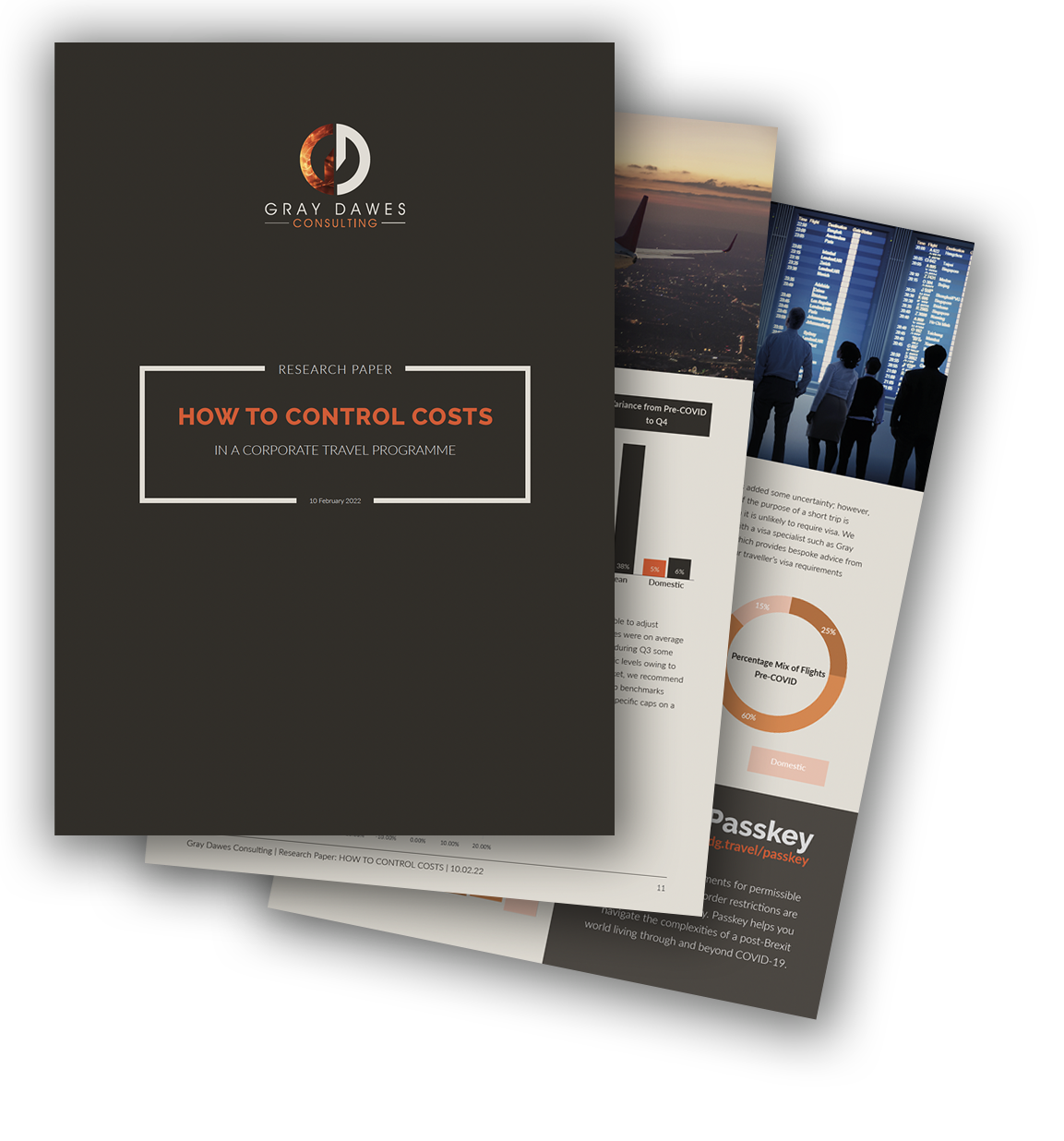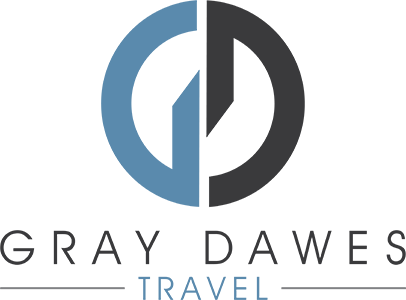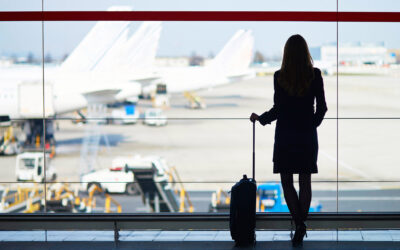WEBINAR SERIES | TRAVEL TALKS | Episode 3
HOW TO EFFECTIVELY CONTROL YOUR CORPORATE TRAVEL COSTS
In this episode of Travel Talks, our Chief Commercial Officer, Warren Dix is joined by Wates’ Group Procurement Director, David Oates, to discuss how to effectively control business travel costs.
The webinar is packed full of tips and advice on how to drive down costs and identify savings in your corporate travel programme.
WATCH THE WEBINAR ON DEMAND
With prices rising and the cost of living crisis starting to bite, now is the perfect time for Travel Managers to understand where and how they can make savings on their corporate travel programmes. Warren and David discuss what’s causing travel costs to rise and offer practical guidance on how to manage the expenditure. This fascinating Travel Talks covers:
- the importance of advance booking;
- how best to negotiate corporate fares;
- winning the hearts and minds of business travellers.
Focus on advance purchasing in the hunt for savings
This Travel Talks webinar, the third in our current series, was well subscribed and keenly followed by all delegates, including BTN Europe journalist Lauren Arena, who summarised the key points in her article, below.

Travel costs are rising due to inflation, oil price increases and salary hikes driven by an industry-wide talent crunch, but there are several mechanisms that travel managers can put in place to control spend and return to the halcyon days of 2019, according to Warren Dix, chief commercial officer at UK-based travel management company, Gray Dawes.
To bring travel spend down and return to 2019 levels, companies need to reduce costs by 14 per cent, Dix said while assessing air fare increases over the last three years during a webinar hosted by the TMC on Thursday (13 October).
The ‘key pillars’ to driving down cost, according to Dix, are online adoption, advanced purchasing, managing ticket flexibility, strong approval processes to ensure compliance with travel policy, implementing a hotel programme with negotiated rates, and regularly reviewing policy.
“Make sure you have full access to NDC content within your booking tool or via your TMC because we never want a traveller to say ‘I can find a cheaper flight on the internet’,” he said.
To make the most of a hotel programme, Dix recommended focusing on a concise number of hotels, driving spend to two or three hotels per location, in order to negotiate better rates.
Purchasing air tickets in advance can also create considerable savings, according to Dix. Booking a long-haul trip 21 days in advance, instead of a week prior to travel, can save up to 57 per cent of cost. Within Europe, if a long-haul air ticket is booked 14 days in advance instead of seven days, companies can save approximately 37 per cent.
“Those are really big numbers when we talk about savings,” he said.
Dix advised booking a non-refundable ticket rather than a fully-flexible fare as this can save up to 73 per cent on long-haul flights. And in cases where cancellation is a possibility, savings can still be made because “for the cost of fully-flexible ticket you can book three non-refundable tickets”. When it comes to rail, booking two advance single fares rather than a return fare can also reduce costs.
“You just have to be organised about it,” said David Oates, group procurement director at construction company Wates Group, which has a 95 per cent online adoption rate among its travellers and a directive towards advance bookings.
Communicating the benefits behind new purchasing processes can also help to overcome traveller push-back.
“We just treat [travel] as another category of spend, and we try to implement the same principles across all our categories,” Oates said.
To ease pressure on travellers, Dix advised implementing one or two changes instead of tackling the entire travel budget.
“Rather than attacking everyone in the travel programme, target 36 per cent of your overall travel programme,” he said, “this will get you back to a reasonable state of play”.
“With the correct management inclination and good analytics, you can start to target different groups or cost centres within your organisation,” he added.
“There are savings to be made, but you have to be willing and able to do it.”
Lauren Arena | Reporter • BTN Europe | 13 October 2022
Download the White Paper
Enter a few details below to download your copy of the FREE ‘How To Control Costs In A Corporate Travel Programme’ white paper, given away as part of this webinar.

PREVIOUS TALKS
Sports Ask the Experts Ep.01: How to Create a Sustainable Sports Travel Programme
Want to learn how your organisation can build a greener sports travel programme? Watch our Head of Sports Operations, Jonathan Hutton, and special guest Josh Rudd, Diversity, Inclusion, and Social Responsibility Manager at Aquatics GB, discuss the important questions surrounding sustainability in sports travel in episode 1 of our Ask the Experts webinar.
Travel Talks – 2025 Trends & Predictions
Join our MD of Europe, Dave Bishop, and Group Marketing Director, John Cooper, as they discuss what will influence corporate travel management in 2025. Dave and John also offer a few tips on how to elevate your business travel experience in the year ahead.
Travel Talks 15 – EDI in Business Travel
In this episode of our popular Travel Talks series, we explore what corporates need to consider as part of their travel programmes and policies, to ensure their efforts are hitting the right mark and not just a tick-box exercise when it comes to EDI. Join our Diversity & Inclusion Manager, Brit Clayton, as she chats with Gray Dawes Travel’s VP of Global Sales, Julian Munsey, about the emotive and often personal topic of equality, diversity and inclusion in business travel management.
Travel Talks 14 – Emburse
In this fascinating Travel Talks episode, our Director of Account Management and Implementation, Ian Currington, and the VP of Sales at Emburse, Paul Crawley, discuss the future of travel & expense strategy (T&E). Discover why companies need to care for what’s coming next in T&E, the benefits it can bring to your employees, and how you can take advantage of having automated control and real-time visibility of your expenses.
Travel Talks 13 – Expedia
How do Expedia’s hotel rates compare to those from a traditional GDS, and what benefits can be passed on to the business traveller? In this special guest edition of Travel Talks, we explore what savings Expedia can offer business travellers on negotiated rates, what they’ve been doing in the luxury hotel space, their roadmap for future innovations of the platform and much more.
Travel Talks 12: MARINE & ENERGY Travel
In this special Marine & Energy episode of Travel Talks, Bruce Ratcliff, VP of Marine & Energy, and Lisa Titmas, our specialist Marine & Energy Travel Team Supervisor, explore the very real benefits of working with a corporate travel partner to help manage the complex challenges of crewing logistics.
Sports Travel Talks 1 – Secrets to Successful Sports Travel Management
Get insider tips from our experts in sports travel management. We sat down with the Welsh Sports Association (WSA) to talk about how to best manage travel costs, navigate logistical challenges, and ensure that athletes arrive at their destination ready and raring to compete.
Travel Talks 10 – 2024 Trends
Discover what corporate travel management will look like over the next twelve months. In this episode of Travel Talks, we explore the operational, economic, geopolitical and technology factors which will influence the business travel industry in 2024, exploring what this will mean for organisations, travel managers and travellers.
Travel Talks USA 1 – NDC Is Coming!
The New Distribution Capability represents a game-changer for the business travel industry. In this, the very first American episode of our popular Travel Talks webinar series, we discuss all things NDC.
Travel Talks 9 – The Future of Business Travel Technology
In this episode of Travel talks, you hear directly from our own Chief Technology Officer, Sophie Taylor, as she takes us through her predictions for how technology will shape corporate travel management in the future.
CHECK OUT THE SERIES
Travel Talks bringing you all the latest business travel trends and topics from our very own industry experts.
Each bite-size session offers insight, how-to’s and top tips on subjects such as building traveller confidence, implementing a sustainable travel policy, creating successful corporate travel programmes and more! You can catch up on any you may have missed and sign up to be part of upcoming webinars on the Travel Talks page.










